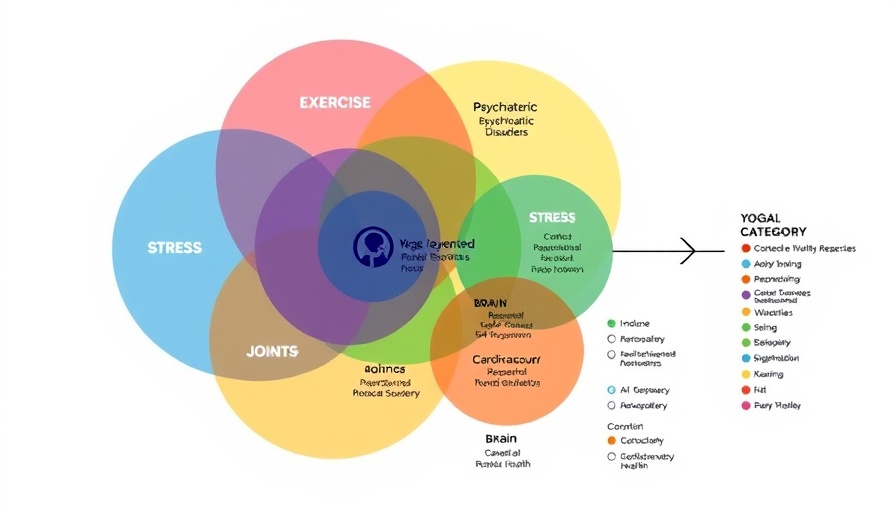
Understanding Antioxidants: Their Role in Health
Odds are you’ve seen the term "antioxidants" pop up somewhere, be it the ingredients list of your favorite acai bowl or amidst the supplements that promise an essential antioxidant boost. But what are antioxidants, and why are they actively promoted in health discussions?
Antioxidants are compounds that counter the actions of unstable molecules called free radicals. These free radicals are a byproduct of numerous factors—stress, environmental toxins, inflammation, and even rigorous exercise. They can destabilize cells, resulting in oxidative stress, a concern that can lead to various health issues, including chronic diseases.
The Impact of Oxidative Stress on the Body
Oxidative stress negatively affects the body, weakening tissues, accelerating aging, and heightening susceptibility to infections and illnesses. Antioxidants play a crucial role in combatting this stress, acting as electron donors to stabilize free radicals and minimize cell damage. This chain of chemical reactions emphasizes the importance of a regular supply of antioxidants from various sources.
Health Benefits of Incorporating Antioxidants into Your Diet
The benefits of antioxidants extend to many areas of health. According to a review in the International Journal of Molecular Sciences, diets rich in antioxidants can significantly lower the risk of thrombosis and cardiovascular diseases. Moreover, many antioxidants are shown to inhibit tumor growth and enhance brain health, possibly reducing the risk for neurodegenerative diseases like Alzheimer's.
While the human body naturally produces some antioxidants, such as alpha-lipoic acid and glutathione, a well-rounded diet rich in external sources is crucial for optimal health. This calls for an exploration of the top antioxidant-rich foods you should consider incorporating into your meal plans.
Top Antioxidants You Should Prioritize
1. **Vitamin C**: Found abundantly in fruits like oranges, kiwis, and berries, Vitamin C is not just vital for your immune system; it also plays a role in collagen production, improving skin health and protecting against oxidative damage.
2. **Vitamin E**: This fat-soluble vitamin, located in nuts, seeds, and green leafy vegetables, is essential for immune health and may also help prevent cardiovascular diseases by supporting better blood circulation.
3. **Beta-carotene**: Present in colorful fruits and vegetables like carrots and sweet potatoes, beta-carotene is a precursor to Vitamin A, which is crucial for vision and skin health while also providing powerful antioxidant properties.
4. **Selenium**: A mineral that acts similarly to an antioxidant, selenium can be found in Brazil nuts, seafood, and whole grains. It supports the immune system and may reduce inflammation.
5. **Flavonoids**: This diverse group of phytonutrients is abundant in fruits, vegetables, tea, and red wine. Flavonoids possess anti-inflammatory and immune-boosting properties that can decrease the risk of chronic conditions, including heart disease.
Making Antioxidants a Daily Habit
Incorporating these antioxidants into your daily diet can be simple and enjoyable. Aim for a colorful plate, rich in fruits and vegetables, and explore healthful recipes that highlight these nutrient-dense foods. Consider adopting practices such as meal prepping or including smoothies packed with antioxidant-rich ingredients to streamline the process.
Moreover, focusing on sustainable and organic sources of these foods not only benefits your health but potentially enhances environmental health as well, highlighting the interconnectedness of our choices.
Conclusion: Empowering Yourself with Antioxidant Knowledge
Understanding the importance of antioxidants in your diet is crucial for maintaining health and well-being. These natural compounds protect our bodies from harmful oxidative stress and support longevity. By actively incorporating antioxidant-rich foods, you empower yourself with the tools necessary for a healthier lifestyle.
 Add Row
Add Row  Add
Add 




Write A Comment